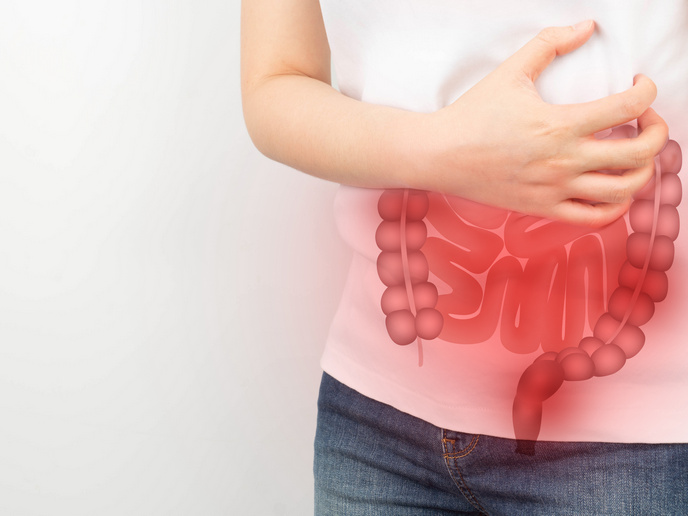Algae in the battle against inflammatory bowel disease
The diverse and extreme environments that algae grow in lead them to produce substances with antioxidant, antibacterial, antiviral or anti-inflammatory effects – properties of great value in medicine. Researchers supported by the EU-funded Algae4IBD project are now harnessing these properties in their investigations on probiotics and algae-based prebiotics as a potential treatment for inflammatory bowel disease (IBD). IBD is a group of autoimmune disorders such as Crohn’s disease and ulcerative colitis that cause digestive disorders and chronic inflammation in the gastrointestinal tract. People with IBD can suffer from stomach cramps, persistent diarrhoea and rectal bleeding that often have a major impact on their quality of life. While initially considered “a problem of the industrialised nations,” as a recent Algae4IBD study explains, the rising consumption of ultra-processed food and “the lack of appropriate strategies to avoid foodborne microbes” led to the disease emerging in other parts of the world, too. IBD currently affects around 10 million people worldwide – children included – and this number is still increasing. There is a need for effective dietary interventions that can help us combat undesirable bacteria in our intestine. Our digestive tracts are home to trillions of bacteria, most of them ‘good’ bacteria that play a vital role in keeping our gut healthy. It is when ‘bad’ bacteria begin to take over and an imbalance occurs that diseases such as IBD develop. The disease is mainly associated with bacteria such as Bacteroides, Escherichia coli and Enterococci. In addition, Staphylococcus aureus and Clostridium difficile infections are also common in IBD patients. Furthermore, persistent low-level infections caused by bacteria such as Salmonella and Campylobacter can lead to the emergence of IBD.
The dual approach
To tackle bacteria associated with the disease, the Algae4IBD study proposes a dual biotic approach that exploits the advantages of prebiotics and probiotics. Probiotics are live microorganisms such as bacteria and yeast that can help restore the balance of bacteria in the gut. Prebiotics, as described in an Algae4IBD news item, are “nutrients that cannot be digested in the human small intestine but can be metabolised by microorganisms in the colon to promote the growth of probiotic bacteria and provide health benefits. Prebiotics are particularly abundant in algae such as seaweed (macroalgae) and phytoplankton (microalgae) and a potential role for algae-derived prebiotics is now being widely investigated as a treatment for human diseases.” The study shows that biotics increase beneficial bacteria like Bifidobacterium and Lactobacillus in the digestive tract, and they decrease “IBD problem creators” such as E. coli. Algae4IBD researchers have already proved that some algae strains contain the anti-inflammatory and antioxidant properties needed to fight IBD symptoms. “Now, we are in the process of identifying the compounds responsible for this and isolating them in order to characterise their chemical composition,” explains Assoc. Prof. Luísa Barreira of project partner Algarve Centre of Marine Sciences, Portugal, in an article posted on ‘Earth.Org’. The Algae4IBD (ALGAE4IBD –FROM NATURE TO BEDSIDE- ALGAE BASED BIO COMPOUND FOR PREVENTION AND TREATMENT OF INFLAMMATION, PAIN AND IBD) study’s authors conclude: “Food habit-related malady such as IBD could be tackled by exploiting the power of probiotic microorganisms or bioactive substances from microalgae and macroalgae. Effective synbiotics that exploit both bioactive compounds from microalgae and macroalgae and ideal probiotic strains can be considered as a holistic route to relieve the IBD patients from their suffering.” For more information, please see: Algae4IBD project website
Keywords
Algae4IBD, irritable bowel disease, bacteria, gut, probiotic, prebiotic, algae, microalgae, macroalgae



